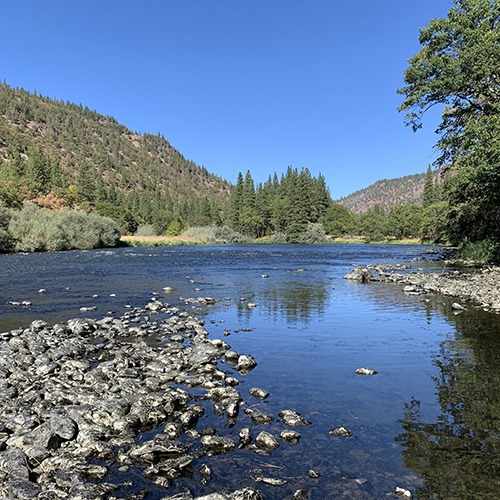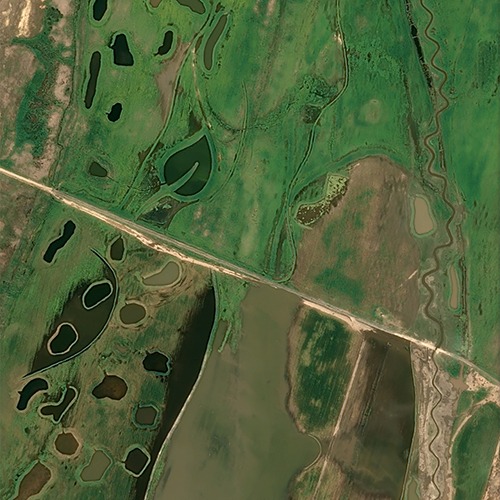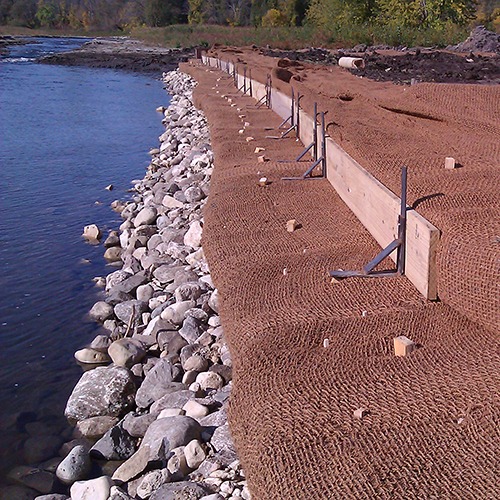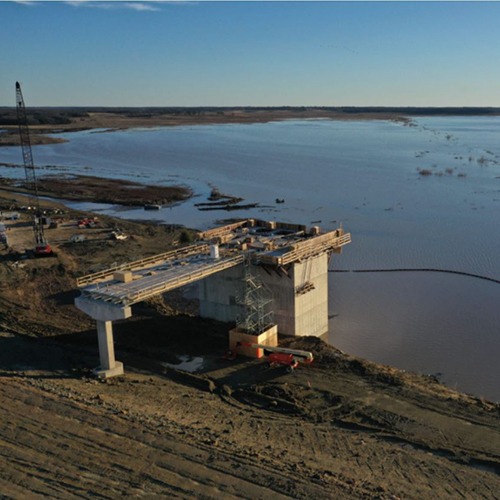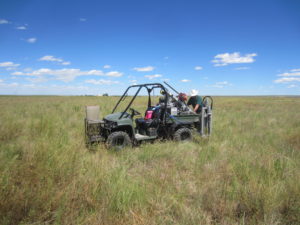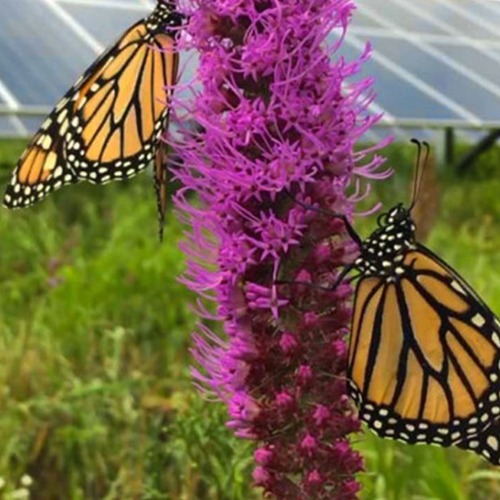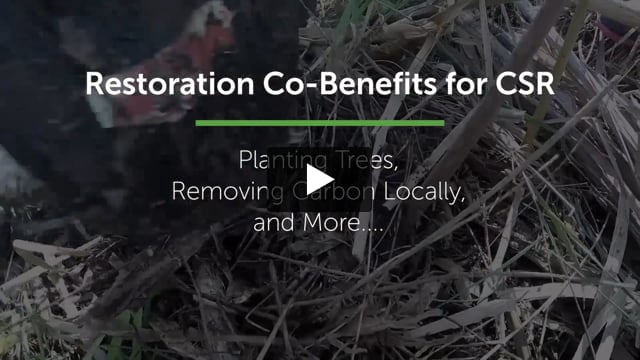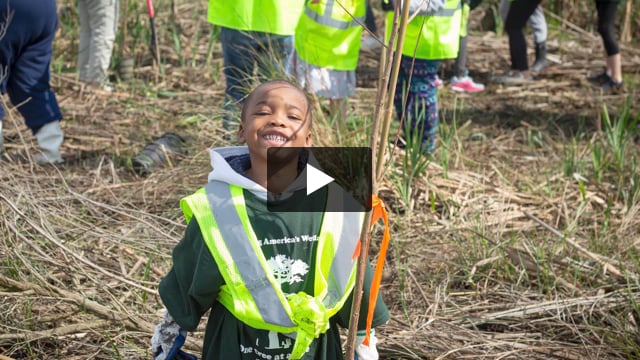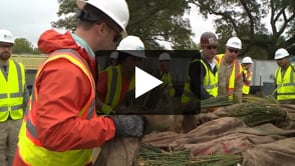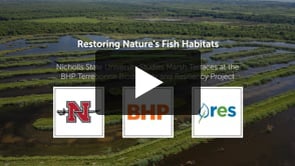
- People
- Working Here
-
-
A Career with an Impact
View Available Jobs »
-
Student Internship Opportunities
Learn More »
-
-
- Safety (EHS&S)
Creating a Culture of Safety
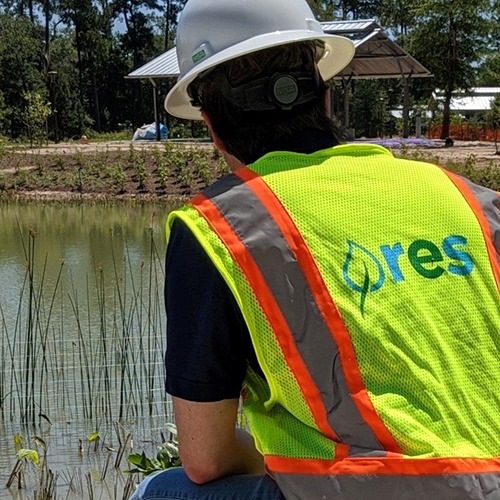
Our team is dedicated to empowering team members with safety leadership and promoting a safe, secure and environmentally- friendly work environment in all facets of our business.
- Landowners
Find Landowner Representative in my State
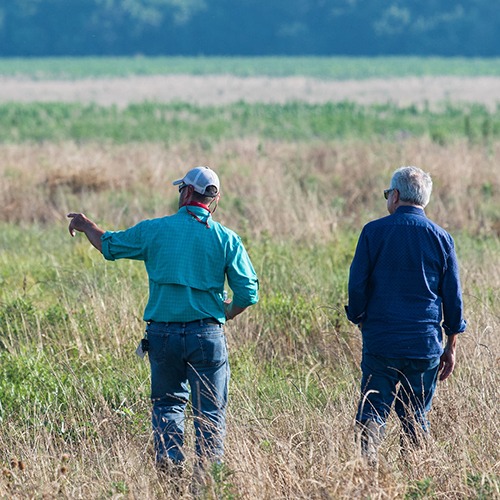 Explore making part of your land, a legacy of resiliency for future generations.
Explore making part of your land, a legacy of resiliency for future generations.
- Vendors
- Working Here
- Capabilities
- Our Solutions
- Our Approach
What is “Active Stewardship”?
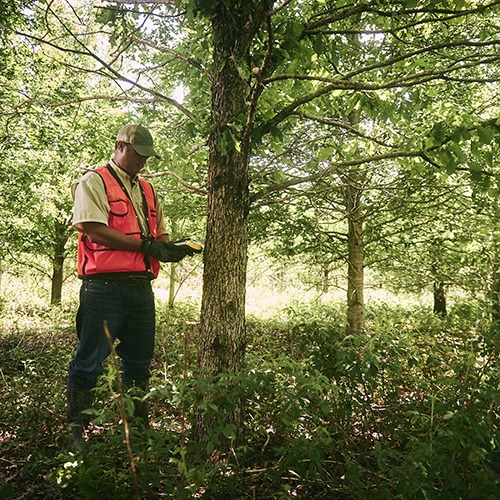 At RES, we don’t build sites and walk away. We design them to thrive, and stick around until they do.
At RES, we don’t build sites and walk away. We design them to thrive, and stick around until they do.
- Industries
- Videos
- Our Solutions
- Places
- Buy Credits
Buy Mitigation Credits
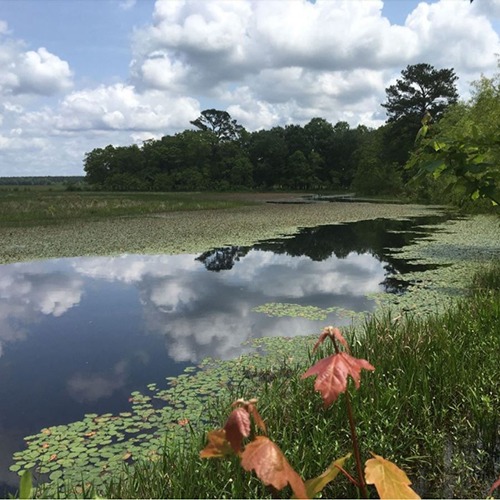 Impacts are sometimes unavoidable. For these situations, we offer ecological offsets in the form of mitigation credits.
Impacts are sometimes unavoidable. For these situations, we offer ecological offsets in the form of mitigation credits.
- Find Projects
Find Projects
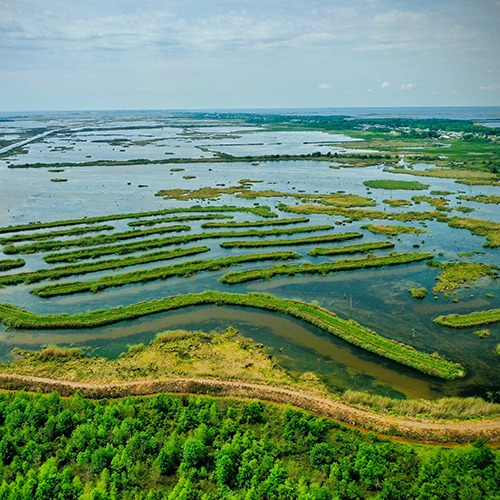 RES delivers resiliency, project by project. Understanding them is the best way to get to know us.
RES delivers resiliency, project by project. Understanding them is the best way to get to know us.
- Search States
Search by State
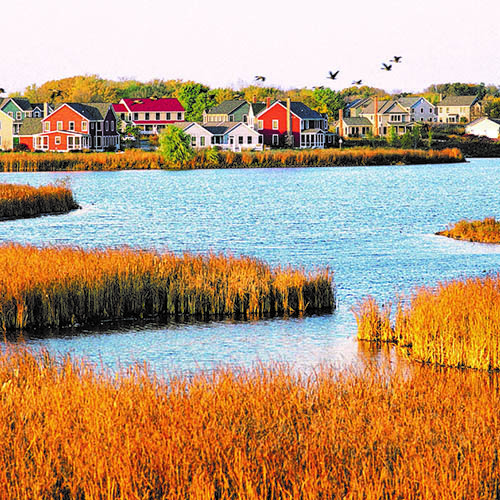 Keeping the ecological balance is an intensely local endeavor. See how we meet the challenge in your area.
Keeping the ecological balance is an intensely local endeavor. See how we meet the challenge in your area.
- Nurseries
-
- Buy Credits
- About Us
- Who We Are
- Leadership Team
Meet our Leadership Team
- Acquisitions
We are growing the RES family.
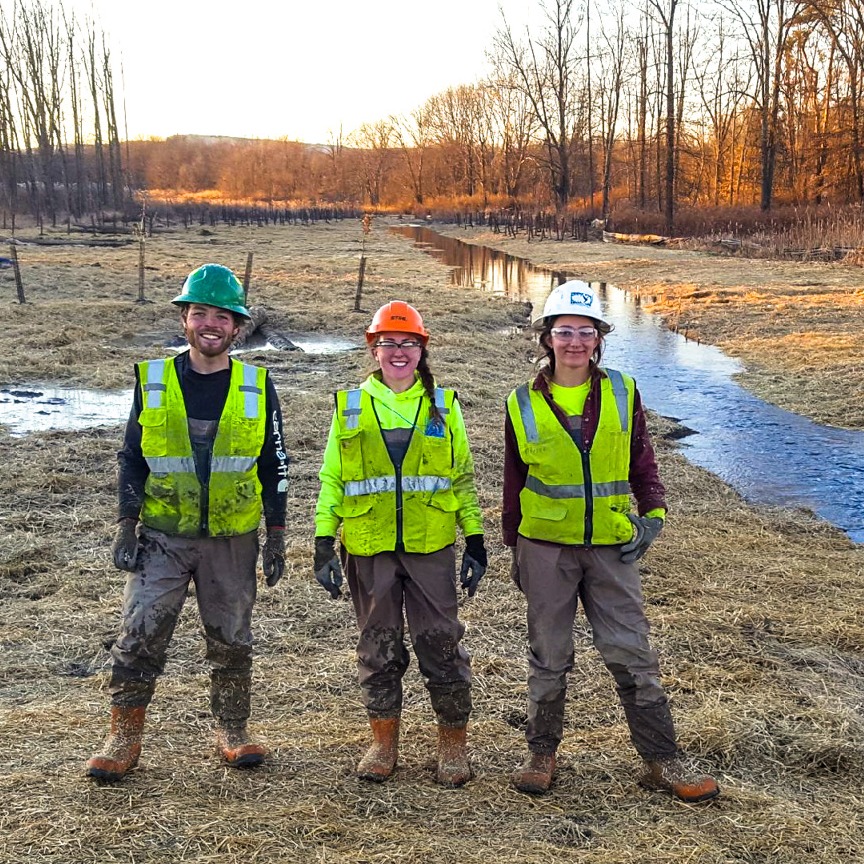 We strengthen our team by bringing on respected teams of experts with local knowledge and experience, who share our vision of a resilient earth.
We strengthen our team by bringing on respected teams of experts with local knowledge and experience, who share our vision of a resilient earth.
- News
- Who We Are
- Restoring at Scale
- Buy Credits
- Contact Us
Corporate Sustainability Initiatives
Climate Adaptation & Flood Resilience > Corporate Sustainability Initiatives
Capabilities
Beyond Compliance: Strengthening a Local Ecosystem
Our Corporate Sustainability Initiatives create ecosystem gains for our clients across the board—air, water, biodiversity, and community—delivering measurable results that help increase climate and ecosystem resiliency.
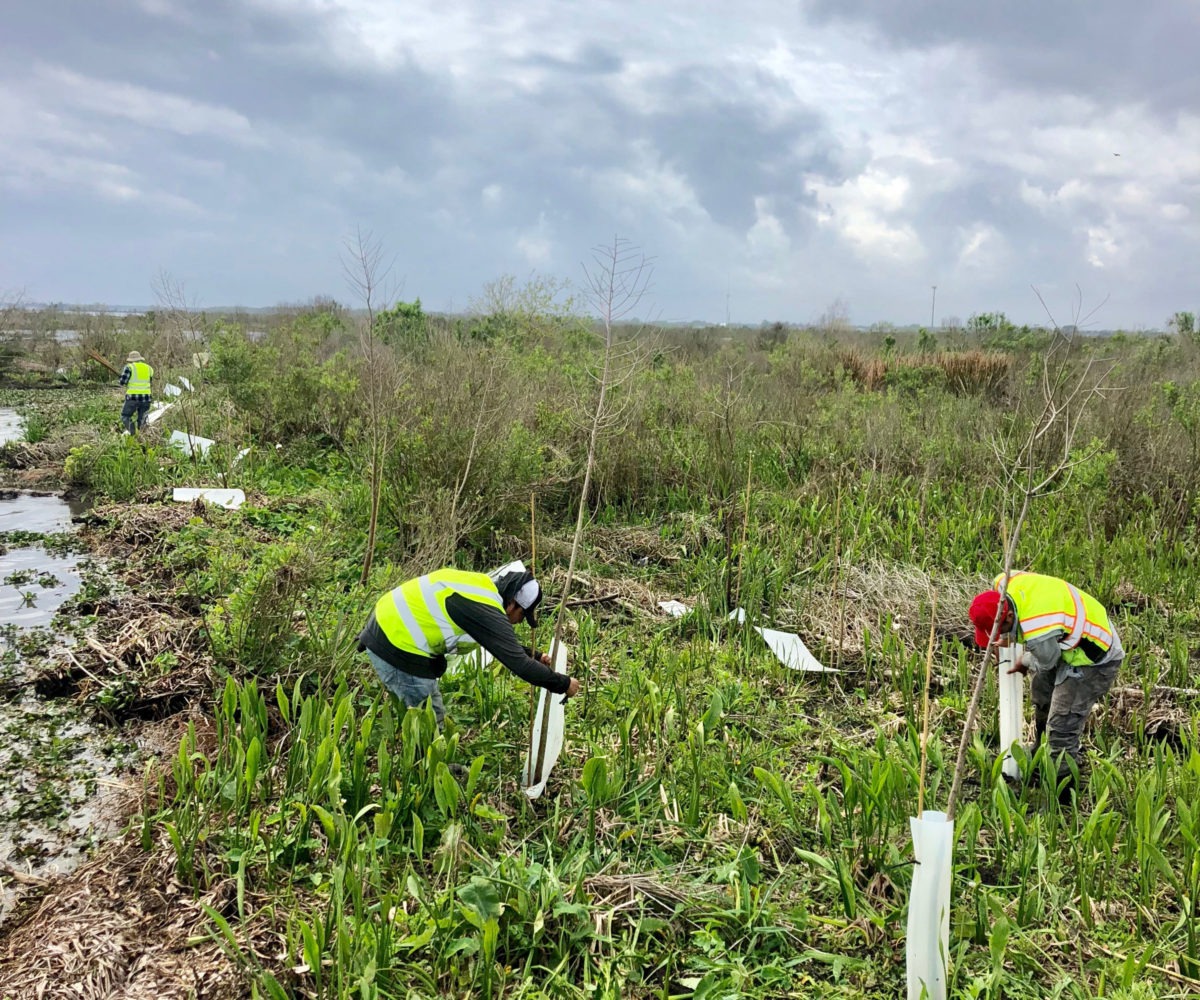
A new vision for addressing operational footprints in lasting ways.
At RES, we recognize that scaled businesses, economies, and industries require resources and have environmental consequences. For businesses to continue to grow, our natural world must be revitalized and protected.
We believe a restorative economy is possible, and a new vision is addressing operational footprints in lasting ways. For companies seeking continuous improvement on environmental ESG/CSR metrics, our Sustainability Initiatives deliver tangible results where public expectations meet corporate social responsibility.
We help clients address biodiversity, water quality, and climate risk by offering locally appropriate ecological uplift projects with measurable results.
Restoring resiliency at the community level.
These custom projects restore resiliency at the community level, producing tangible co-benefits documented through Key Performance Indicators (KPIs). Among these are locally beneficial carbon offsets with an easily verifiable, higher direct net gain compared to conservation projects and many other offset strategies. Enhanced water quality and floodwater resilience from the restored site offer additional, compelling benefits.
Often these projects are aligned with both client operational goals and critical conservation priority areas, as identified by local community partnerships. They can connect your business with your customers, employees, and others in communities in which you’re located.
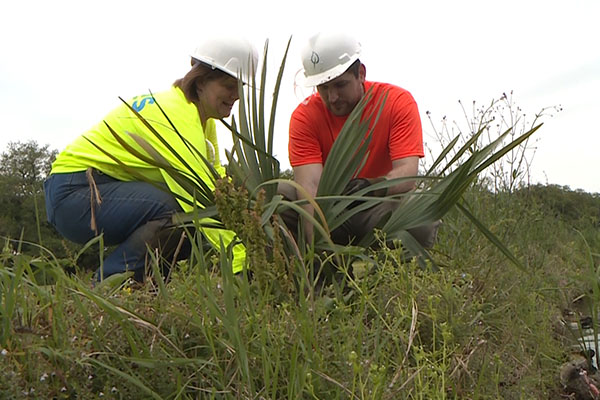
Benefits
|
|
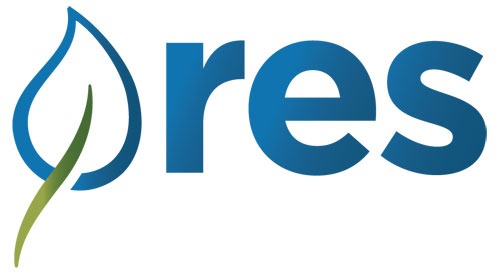
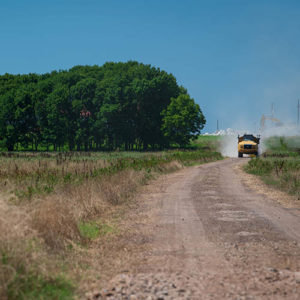
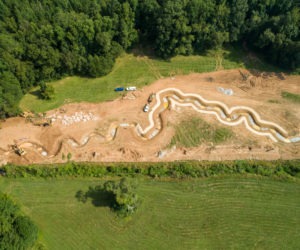
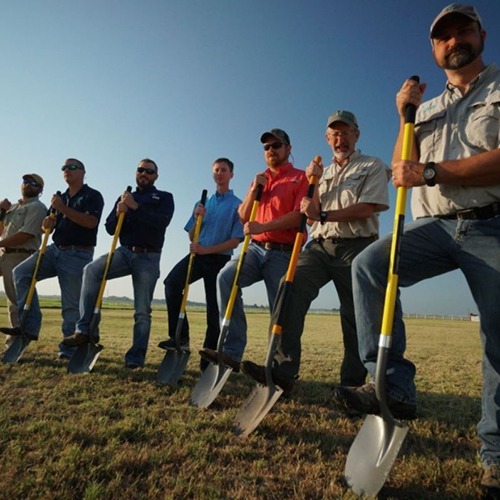 Read the latest news about RES, our projects and our people.
Read the latest news about RES, our projects and our people.
